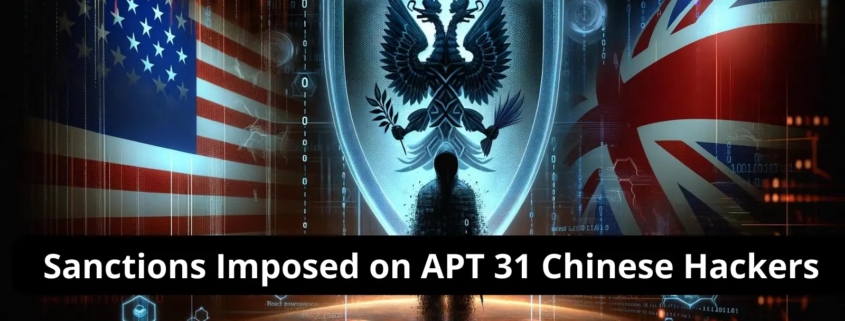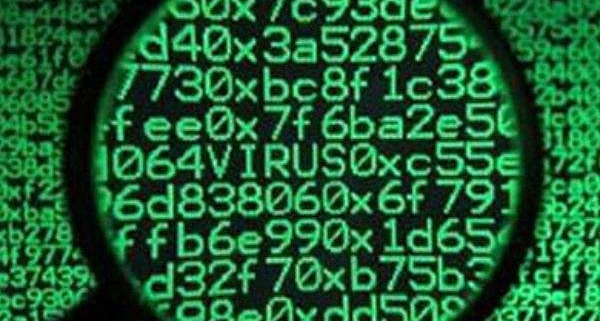U.S. and UK Impose Sanctions on APT 31 Chinese Hackers
In a significant move to counter cyber threats, the United States and the United Kingdom have imposed sanctions on a group of China-linked hackers accused of targeting critical infrastructure in the U.S.
The coordinated action includes indictments, sanctions, and a rewards program aimed at curtailing the activities of these cyber operatives.
The U.S. Department of Justice has unsealed indictments against Zhao Guangzong, Ni Gaobin, and five other individuals for their involvement in a series of cyber attacks.
These individuals are believed to be connected to the Wuhan Xiaoruizhi Science and Technology Company, Limited (Wuhan XRZ), which is allegedly a front for the Chinese Ministry of State Security (MSS).
The Office of Foreign Assets Control (OFAC) of the Department of the Treasury has sanctioned Wuhan XRZ and the two Chinese nationals, Zhao Guangzong and Ni Gaobin, for their roles in the cyber operations.
Integrate ANY.RUN in Your Company for Effective Malware Analysis
Are you from SOC, Threat Research, or DFIR departments? If so, you can join an online community of 400,000 independent security researchers:
- Real-time Detection
- Interactive Malware Analysis
- Easy to Learn by New Security Team members
- Get detailed reports with maximum data
- Set Up Virtual Machine in Linux & all Windows OS Versions
- Interact with Malware Safely
If you want to test all these features now with completely free access to the sandbox:
These operations have targeted entities within the U.S. critical infrastructure sectors, posing a direct threat to national security.
APT 31: A Chinese Malicious Cyber Group
The hackers are affiliated with the state-sponsored Advanced Persistent Threat group 31 (APT 31), which is known for its sophisticated cyber espionage campaigns.
OFAC’s sanctions are pursuant to Executive Order (E.O.) 13694, as amended by E.O. 13757, which targets individuals and entities responsible for or complicit in cyber-enabled activities that threaten the U.S.
This action represents a collaborative effort involving the U.S. Department of Justice, the Federal Bureau of Investigation (FBI), the Department of State, and the UK Foreign,…




